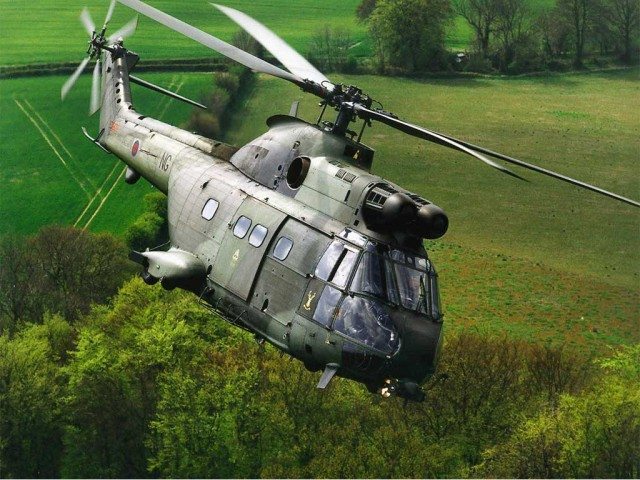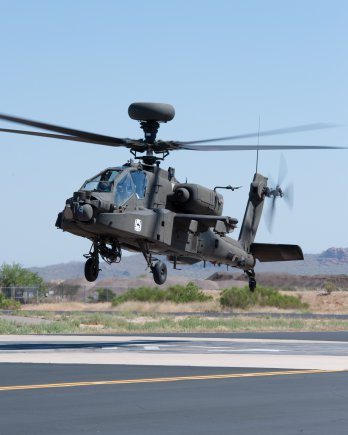The MOD’s budget deficit has been wiped out for the first time in a generation, Defence Secretary Philip Hammond has announced today.
Through a series of tough but necessary decisions, combined with radical reforms of the MOD’s financial processes, the £38bn black hole in the Defence Budget that the Government inherited in 2010 has now been eliminated.
It means that, for the first time, the MOD’s core equipment programme is fully funded and affordable.
A fully costedprogramme provides the Armed Forces with the stability and assurance they need for the future. The MOD can now confidently invest in new equipment knowing its delivery is guaranteed because the programme is accurately costed and affordable.
The committed core equipment programme amounts to just under £152bn over ten years, against a total planned spend of almost £160bn. That £152bn includes, for the first time, a centrally-held contingency of over £4bn.
The programme also includes an additional £8bn of funding over the next ten years which is unallocated. This means that the budget will have guaranteed headroom to respond to emerging equipment requirements.
The Service Chiefs have confirmed that this fully committed core equipment programme and the extra headroom will enable the MOD to deliver the capabilities required for Future Force 2020, as set out in the Strategic Defence and Security Review of 2010.
Defence Secretary Philip Hammond said:
“The Government is determined to get to grips with a legacy of poor project management, weak decision-making and financial indiscipline within the MOD. We have made a symbolic break with the failed practices of the past, and the vast black hole that blighted defence spending has gone.
“For the first time in decades we have delivered a credible and sustainable budget and we can now confidently pledge to deliver to our Armed Forces almost £160bn worth of equipment over the next decade that we know we can afford.
“This allows us to begin to put the uncertainty of the last few years behind us and build for the future on a solid foundation as we move forward with Defence Transformation.”
Chief of the Defence Staff, General Sir David Richards, said:
“Taking tough decisions and dealing with unaffordable projects has given us clarity to plan. We are now on a firm foundation and building the Armed Forces of the future. We are now well-placed to adapt and respond to threats around the world and to deliver the capabilities we need for the nation’s defence.
“Going forward, the Armed Forces Committee, which I chair, will prioritise future commitments and bring into service the equipment we are now getting.”
Today’s announcement means the MOD can now guarantee the delivery of projects for the Army, Royal Navy and Royal Air Force, including:
- 14 new Chinooks, Apache life-extension and Puma upgrade
- a programme of new armoured fighting vehicles worth around £4.5bn over ten years, and a £1bn upgrade of the Warrior armoured fighting vehicle
- the building of the two Queen Elizabeth Class aircraft carriers, the remainder of the Type 45 destroyers and the new Type 26 frigates, and the Astute Class and Successor nuclear submarines
- investment in new Wildcat helicopters, the Merlin upgrade programme and the assessment phase for Merlin marinisation
- introduction into service of the Voyager air-to-air refueller and troop transporter, the A400M air transporter and the Air Seeker surveillance aircraft
- an additional C-17 aircraft
- continued investment in Typhoon and Joint Strike Fighter
- £7bn invested in complex weapons – the smart missiles and torpedoes that give our Navy, Army and Air Force their fighting edge.
Balancing the programme means the MOD can now confirm the following projects will also be part of the core equipment programme:
- a £4bn plus investment in intelligence, surveillance, communications and reconnaissance assets across the Cipher, Solomon, Crowsnest, DCNS and Falcon projects
- the outright purchase of three offshore patrol vessels which are currently leased
- capability enhancements to the Typhoon
- a range of simulators, basing and support equipment for the new helicopters and aircraft we are introducing.
The scrutiny and financial controls that have been put in place will allow the MOD to ensure projects deliver against time and cost. As they do so, we will be able to release the funds we have put in place to add any uncommitted capabilities to the committed core equipment programme.
Reaching a balanced budget represents an important milestone in the transformation of Defence which builds upon the recommendations of Lord Levene’s review of the department.











